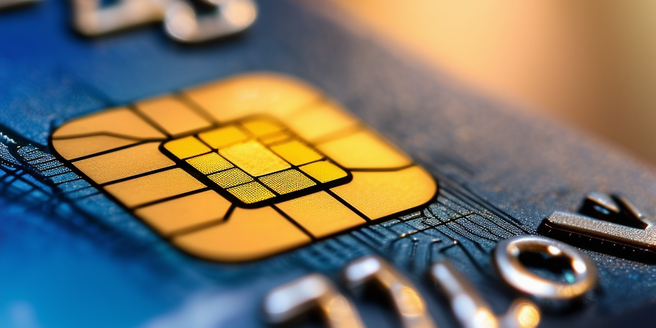
What are credit cards for bad credit?
Credit cards for bad credit, known as secured credit cards, are designed for individuals with lower credit ratings. These cards require a deposit from the user which acts as collateral and determines the credit limit. They serve to help rebuild or repair the card owner’s credit history with disciplined use.
The upfront deposit ensures security for the card issuer, setting secured credit cards apart from their unsecured equivalents that don’t require a deposit. Secured credit cards facilitate various financial transactions for users with poor credit scores, such as online shopping or travel bookings, while raising their credit score simultaneously.
Briefly, secured credit cards provide an opportunity for people with bad credit to enhance their credit scores and partake in everyday economic activities, providing assurance for the card company and serving as a useful resource to fix credit history if properly managed over time.
Why do people end up with bad credit?
There are numerous factors contributing to the deterioration of one’s credit score, generally categorized as bad credit. This can result from common situations such as forgetting or missing the payment deadline, which not only causes financial strain but also damages your credit score. Having too many lines of credit in a short time span is another leading cause and can signal potential credit risks to financial institutions. If your account gets sent to collections due to seriously overdue debt, it reflects poorly on your financial responsibility and is a red flag for lenders. More severe financial delinquencies like bankruptcy or foreclosure lead to substantial financial loss and negatively impact your credit scores, leaving them impaired for years. Hence, it’s important to avoid these circumstances and establish responsible financial habits to maintain a good credit score.
How can credit cards for bad credit improve your score?
Credit cards, especially those designed for individuals with bad credit, can improve one’s credit score if used responsibly, as it may seem counter-intuitive. Making regular and timely credit card payments is key, as every on-time payment you make gets reported to the credit bureaus. This significantly contributes to your overall credit score by demonstrating improved financial habits and a lower lending risk. It’s also important to maintain a low credit utilization ratio, significantly below the recommended maximum of 30%. This positively impacts your credit score and indicates responsible management of your credit without exhausting your card limit. Building credit is a marathon and doesn’t yield immediate results. However, following these steps steadily and consistently will significantly improve your credit score, even if you have a card for bad credit, and could eventually lead to better credit offerings.
What factors should you consider when choosing a credit card for bad credit?
When choosing a credit card for poor credit, it’s crucial to consider the annual fee, security deposit requirements, and the card’s Annual Percentage Rate (APR). A high annual fee or hefty security deposit could be prohibitive, while a high APR could escalate costs. It’s also absolutely essential to ensure the card issuer will report your account activity to the major credit bureaus Equifax, Experian and TransUnion, as this reporting plays a crucial role in influencing your credit score. A card that fails to report activity cannot positively influence your credit score, rendering any associated costs and fees unproductive in enhancing your credit standing. Therefore, take these aspects into account when selecting a credit card for poor credit.
Potential drawbacks of credit cards for bad credit
Secured credit cards offer convenience and accessibility, but potential users should be aware of their drawbacks before applying. These cards often come with high interest rates that can lead to significant payment amounts over time. They also tend to have additional fees, from annual to maintenance, which could accumulate and cause financial strain if not properly managed. Additionally, these cards frequently have limited credit lines, resulting in lower spending limits which might be a challenge for larger expenses. A major deterrent could be the need for a security deposit, held as collateral by the card issuer until the account is closed or converted to an unsecured account. Therefore, it is crucial to weigh these factors against the possible advantages and assess whether this type of credit is necessary given one’s financial position and goals. Choosing to get a secured credit card should only be done after understanding these implications and ensuring it aligns with your financial planning.
The process of applying for a credit card with bad credit
When considering applying for a credit card with bad credit, the process involves submitting an application with specific information, including identity, employment status, and income proof, to the card issuer. The card issuer performs a hard credit check to assess the applicant’s credit history and financial behavior. A security deposit, which typically corresponds to the card’s credit limit, needs to be paid before card issuance. The application approval largely depends on the applicant’s credit history and their ability to pay the security deposit. Despite the complexity involved in applying for a credit card with poor credit, it isn’t impossible, largely hinging on these two factors.
